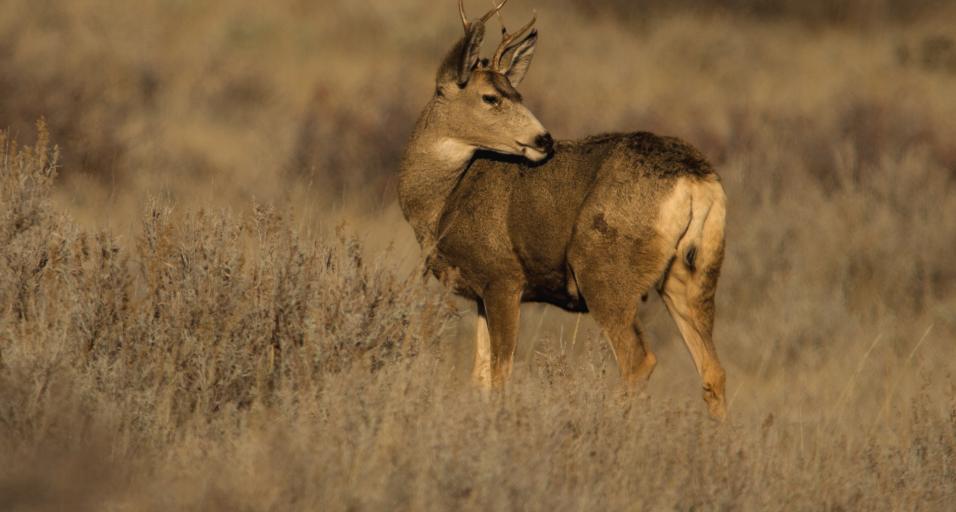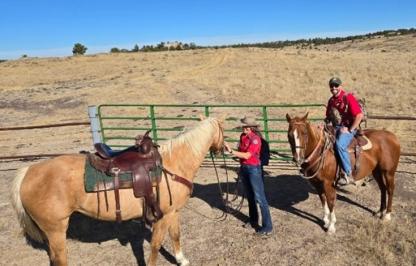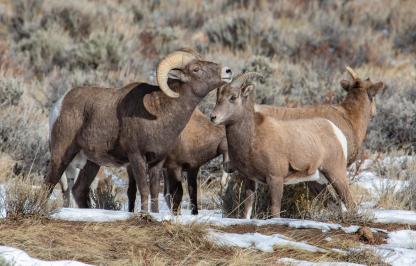The Laramie Mountains Chronic Wasting Disease (CWD) Working Group will meet in Wheatland on July 19 to obtain commitment for membership in the group. The meeting will be at 6 p.m. at the Platte County Public Library, 904 9th St, in Wheatland, and is open to the public.
CWD is a fatal disease of the central nervous system in mule deer, white-tailed deer, elk and moose. The Laramie Mountains CWD Working Group was formed in 2021 to develop recommendations to manage the Laramie Mountains mule deer herd in the face of chronic wasting disease. The 13 members represent diverse stakeholders including landowners, outfitters, hunters, taxidermists, and the public at large.
The Laramie Mountains herd unit is composed of Hunt Areas 59, 60 and 64 and has one of the highest prevalence rates of CWD in the state at 20%. The goal of the working group is to identify management practices that will ultimately reduce the prevalence of CWD in the herd. Job duties and responsibilities of working group members are as follows:
- Mandatory attendance to in-person meetings in Wheatland
- Collaborate with other working group members
- Collaborate with Game and Fish Department personnel
- Long term commitment of one or more years on the working group
- Read, learn and understand the Department’s CWD Management Plan
“This is an ongoing process. It is a polarizing topic and will take a couple of years for the group to complete its task,” said Martin Hicks, Wildlife Coordinator for the Laramie Region. The group will meet several times a year. “If we could reduce CWD prevalence in this herd to 10%, that would be a win in my book,” Hicks said. “Based on what we know about CWD it doesn’t appear we can’t get rid of it, it will always be here. We need to find ways to keep this herd healthy.”
Game and Fish will require mandatory CWD sampling for the Laramie Mountains mule deer herds this year. This will help managers reach the goal of achieving 200 CWD samples for the 2022 hunting season. This will help wildlife managers with confidence in the CWD prevalence estimate as we look at potentially new management strategies over the next few years to reduce prevalence in this herd.



